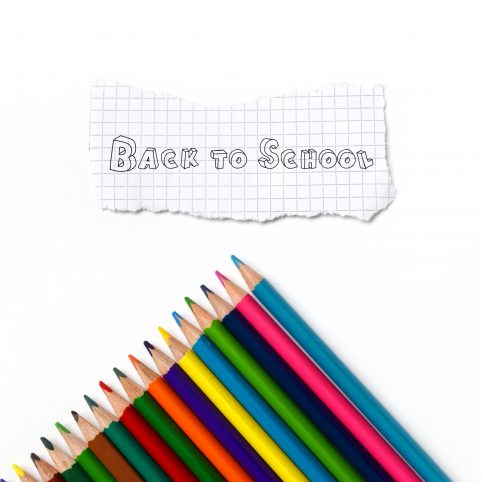Haemophilia should not interfere with a child’s education. Education is vitally important in today’s world as it provides the child with every opportunity to participate fully in activities of a normal life. Haemophilia is rare, so the school and teacher may not be familiar with the condition.
It is very important that the school and teacher are fully informed of the nature of haemophilia. Most severely affected children receive treatment 2 to 3 times per week at home, thus preventing most bleeding episodes. It is important for children to attend school as much as possible. Boys with haemophilia sometimes need to miss school when they are recovering from a bleed. Teachers should do their best to make them feel comfortable when they come back, and to help them catch up on work they have missed.
Another important aspect is the development of a trusting relationship between the teacher and the child, as this helps greatly should a bleed occur during school time. Academically there is no difference between a child with haemophilia and an unaffected child.
School will present the child and his parents with a new set of challenges. It is important that children with haemophilia learn social skills in the same manner as other children. It is not necessary for a child with haemophilia to be singled out for special attention at school. All issues should be discussed with the school and the parents so that provision can be made to deal with any difficulties that may arise.
The Irish Haemophilia Society include education as part of the children\’s programme at all of our conference and events.
School Visits
Academically, there is no difference between a child with haemophilia or related bleeding disorder and a child with no bleeding disorder. However, sometimes children may miss school when they are recovering from a bleed. Teachers should do their best to make the child comfortable when they come back, and should help them catch up on work they have missed.
At playgroup and primary school normal play activities present little in the way of problems and the child should be allowed to play alongside the other children. Primary school level sports are usually less competitive and children with haemophilia and related bleeding disorders should be allowed to take part in all activities, unless they have specific problems. In secondary school sports often become more competitive and injuries are more common. Sports with a high level of physical contact such as rugby or boxing are not recommended.
If your child is starting crèche, playschool or primary school and you are a little worried, we are here to help. We will arrange to visit the school and will talk to the teachers and educate them about haemophilia or a related bleeding disorder. We can also supply I.H.S. publications. This service can be arranged at the schools convenience.
For more info, please see the I.H.S. publication Information for Teachers & Playgroup Leaders or contact Robert on 01 657 9900.
